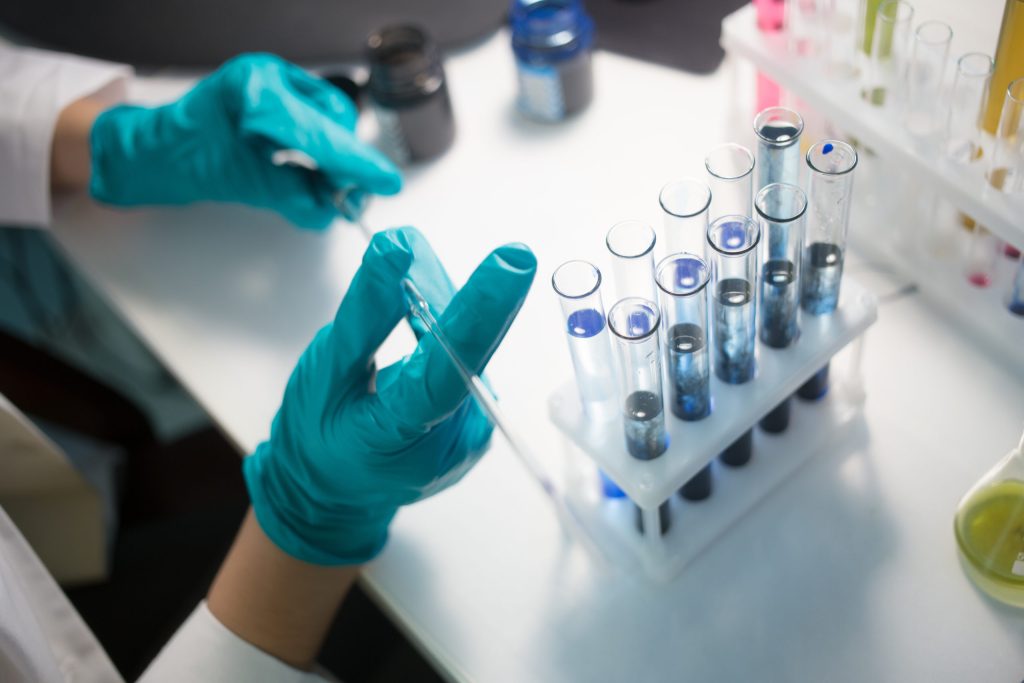Your question leads me to surmise that you are diligent and well organised: two of the many personal qualities that all medical students need, in addition to excellent academic qualifications.
Achieving as many A* grades at GCSE as possible next summer will be your immediate target, I am sure.
Exact requirements differ between medical schools, so I would strongly urge you to check requirements for medicine via the Ucas website before making your final decision about A-levels or the IB. Chemistry and maths are almost always required of A-level candidates applying for medicine.
A-levels are regarded as offering more intensive study in specific subjects than the International Baccalaureate Diploma (IB), but this is frequently debated.
Students are not obliged to take any arts subjects as part of their A-level choices. However, the IB is well regarded for providing a full and well-rounded, rigorous education.
As a benchmark, minimum IB requirements for studying medicine are usually 6 points in all Higher Level subjects and all Standard level subjects; Chemistry and biology specified as required subjects at the Higher Level; 36 points as the minimum requirement for top universities.
